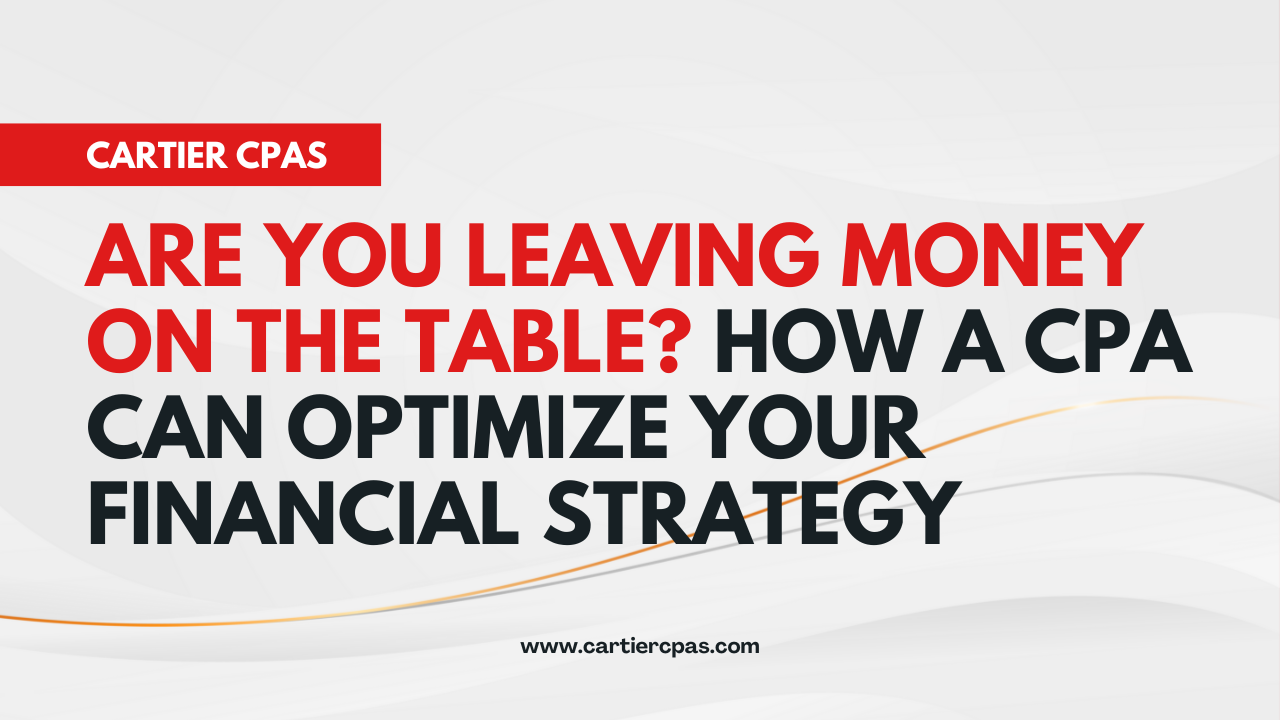Trust accounting: What You Need to Know
Trust accounting is the process of keeping track of funds that are held in trust for a specific purpose. This could be money that is held in an escrow account, or it could be money that is set aside for a specific project. Trust accounting involves tracking both the income and expenses associated with the trust fund, as well as making sure that the money is used for its intended purpose.
The Different Types of Trust Accounts
There are many different types of trust accounts, each with its own purpose. Here is a quick rundown of the most common types of trusts:
- Testamentary trust: A testamentary trust is created through a will and only comes into existence after the death of the person who created the trust (the “grantor”). Upon the grantor’s death, the trustee is responsible for administering the trust according to the terms set forth in the trust agreement.
- Living trust: A living trust, also called an “inter Vivos” trust, is created during the lifetime of the grantor. The grantor can be the trustee of his or her own living trust, but it is not required. Once created, the terms of the living trust cannot be changed without the consent of all parties to the trust.
- Charitable trust: A charitable trust is created for the purpose of benefiting a charity or charities. The trustee must administer the trust in accordance with state and federal law and the terms of the trust agreement.
- Special needs trust: A special needs trust is used to provide for the care of a disabled person without impacting that person’s eligibility for government benefits. The trustee must administer the trust according to state and federal law and the terms of the trust agreement.
- Irrevocable trust: An irrevocable trust is a trust that cannot be modified or terminated without the consent of all parties to the trust. Once created, the terms of an irrevocable trust cannot be changed.
- Revocable trust: A revocable trust is a trust that can be modified or terminated by the grantor at any time, without the consent of the other parties to the trust.
- Spendthrift trust: A spendthrift trust is used to protect assets from being dissipated by beneficiaries who may have a spending problem or be unable to manage their finances responsibly. The terms of a spendthrift trust can restrict how and when beneficiaries can access funds from the trust.
- Generation-skipping transfer tax trust: A generation-skipping transfer tax trust is used to minimize or avoid the federal generation-skipping transfer tax. The trustee must administer the trust according to state and federal law and the terms of the trust agreement.
- Self-settled trust: A self-settled trust is a trust that is created for the benefit of the grantor. The grantor can be the trustee of his or her own self-settled trust, but it is not required. Once created, the terms of the self-settled trust cannot be changed without the consent of all parties to the trust.
- Asset protection trust: An asset protection trust is used to protect assets from creditors. The trustee must administer the trust according to state and federal law and the terms of the trust agreement.
How to set up a trust account
If you're thinking of setting up a trust, there are a few things you need to know about how they work.
First, you'll need to choose a trustee. This person will be responsible for managing the trust account and making sure that the assets are used according to your wishes. You'll need to decide whether you want a professional trustee or someone you know and trust personally.
Next, you'll need to fund the trust account. This can be done with cash, investments, or property. The trustee will then use these assets to pay for the expenses of the beneficiaries, as well as any taxes or other fees associated with the trust.
Finally, you'll need to keep track of the trust account. The trustee will provide regular reports on the account's activity and balance. It's important to review these reports carefully so that you can ensure that the trust is being managed properly.
Trust accounting can seem complicated, but it doesn't have to be. With a little bit of planning, you can set up a trust that will provide for your loved ones long after you're gone.
The Pros and Cons of Trust Accounting
As a small business owner, you may be wondering if trust accounting is right for you. Trust accounting can be a great way to keep track of your finances and make sure that your money is being used appropriately. However, there are also some potential downsides to using trust accounting. In this blog post, we'll explore the pros and cons of trust accounting so that you can decide if it's right for you.
The Pros of Trust Accounting
There are several advantages to using trust accounting for your small business. First, trust accounting can help you keep track of your finances and make sure that your money is being used appropriately. You'll be able to see exactly where your money is going and how it's being used, which can help you make better financial decisions. Additionally, trust accounting can help you build credibility with potential investors or lenders. If they see that you're using trust accounting, they'll know that you're serious about managing your finances in a responsible way. Finally, trust accounting can provide tax benefits for your business. The interest earned on trust accounts is typically taxed at a lower rate than other types of income, so using trust accounting can save you money on your taxes.
The Cons of Trust Accounting
There are also some potential disadvantages to using trust accounting. First, it can be time-consuming to set up and maintain a trust account. You'll need to keep track of your finances carefully and make sure that all of the paperwork is in order. Additionally, trust accounting can be expensive. You may need to hire an accountant or financial advisor to help you set up and maintain your trust account. Finally, there is always the risk that your money will not be used as intended. If you're not careful, you could end up losing money through mismanagement or fraud.
Conclusion
As you can see, trust accounting is a complex topic with many different moving parts. But, hopefully, this article has given you a better understanding of the basics and what you need to know to get started. If you have any further questions or would like help setting up your own trust account, please don't hesitate to
contact us. We're always happy to help!
Contact us today, at Cartier CPA's our goal is to provide clients with the highest level of respect and quality of service.











